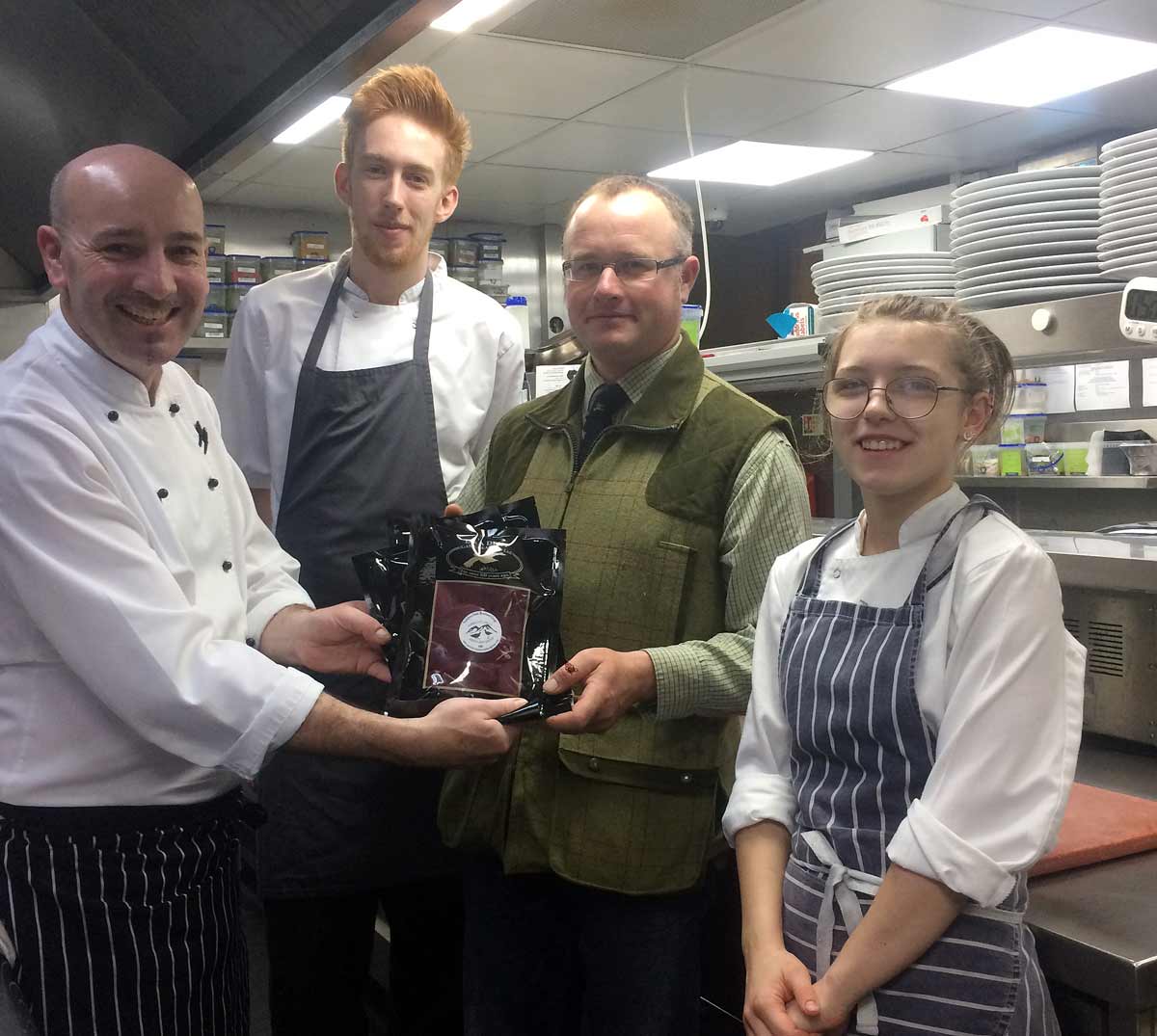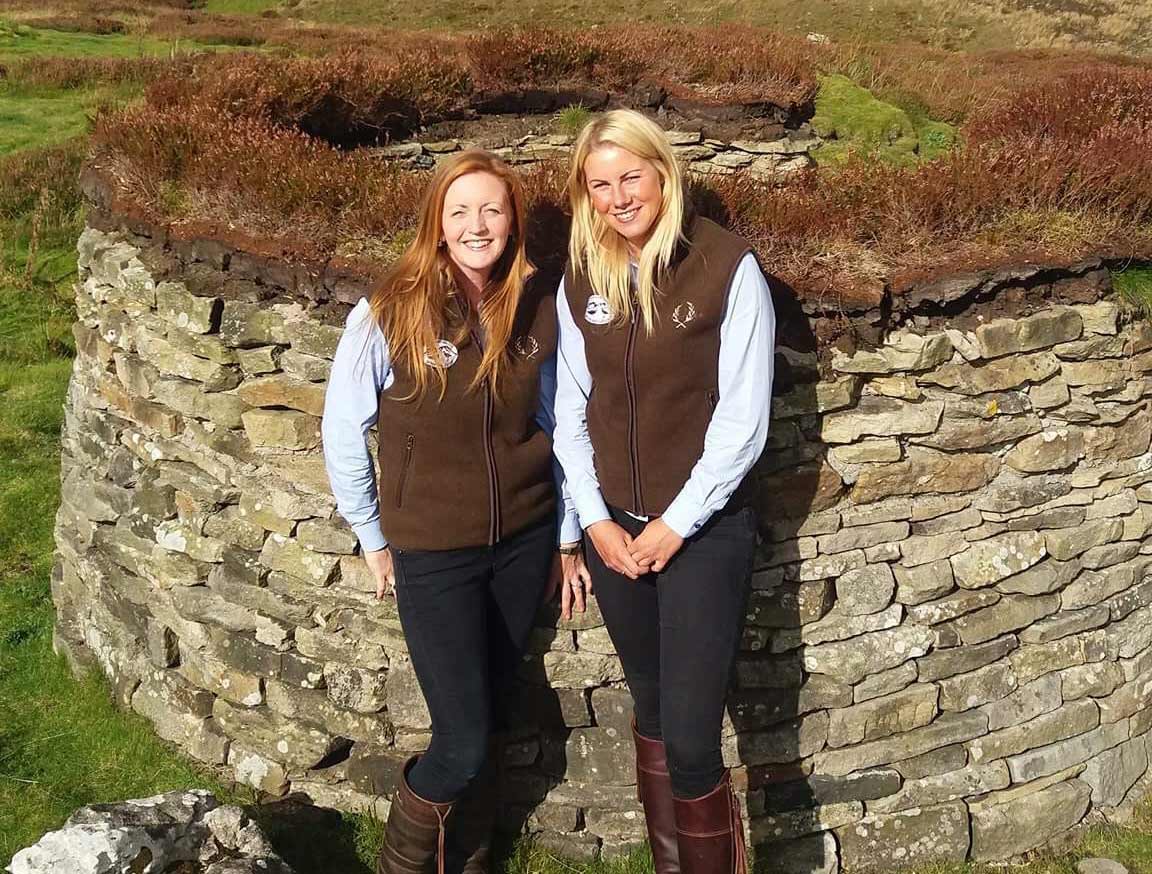With the latest grouse shooting season now officially complete (December 10th), the local Yorkshire Dales community is reflecting on what was a successful year with most estates having witnessed a full shooting programme due to favourable weather conditions and shoot days being let right the way through the season.
Managing moorland for grouse shooting is vitally important to remote rural communities in terms of economic, environmental and social benefits and is a life line for many local businesses in the Yorkshire Dales. A full season is significantly more beneficial and is dependent on how well the wild red grouse breed in the spring.
Grouse moor managers in the Yorkshire Dales Moorland Group area report that, approximately 800 driven shoot days were hosted throughout the four-month season on estates across the Yorkshire Dales region.
This year there has been a strong level of repeat bookings particularly from the UK market as well as a high-level of international groups visiting, with parties from across Europe and the US.
It is estimated that the favourable season resulted in nearly 1,600 overnight stays in local hotels with the shoot days directly contributing more than £192,000 to local hotels, restaurants and pubs throughout the season. One estate alone generated 128 overnight stays from sporting guests this season.
On average each grouse moor employs around 50 people per shoot day, including local youngsters, with an estimated 800 workdays of additional employment provided for those who assisted on shoot days, including beaters, flankers, loaders, pickers-up and caterers.
This year’s improved harvest also increased the availability of fresh grouse being supplied to local butchers, farm shops and game dealers, and as a result, greatly enhancing the awareness of grouse as a sustainable food source. Hoteliers, top chefs and home-cooks are now readily choosing grouse as a delicious, healthy and affordable game meat alternative.
This year, the award-winning Grassington House Hotel and Restaurant in the heart of the Yorkshire Dales has featured grouse on its menu throughout the season.
John Rudden from Grassington House said:
My menu would not be the same with out grouse, pheasant and partridge supplied directly from our local estates. We have sold more grouse this year purely down to the support and supply from our local gamekeeper and it has proved a real hit with locals and visitors alike.
Another award-winning hotel that benefits significantly from the grouse shooting industry is The Charles Bathurst Inn, located in Arkengarthdale in the Yorkshire Dales.
Charles Cody, owner of The Charles Bathurst Inn, is constantly changing the menu to reflect the seasons, with the game served having been supplied directly from the surrounding moors. This season alone, the inn has served over 300 grouse dishes.

Sonya Wiggins from the Yorkshire Dales Moorland Group, said:
We have witnessed a good year with most of our estate members welcoming both domestic and international visitors right into the final weeks of the season. The grouse industry is a life line for many in our rural community offering employment opportunities and supporting many local businesses, with shooting-related tourism bolstering trade during the winter ‘off-season’.
This successful season is testament to the hard-work and dedication of our gamekeepers and grouse moor managers year-round as well as the private investment by estate owners and sporting tenants in managing moors for red grouse, which also supports vital conservation efforts in the Yorkshire Dales region.
Grouse is a sustainable and nutritious food source and it has been greatly encouraging to see more grouse being offered on menus of local restaurants and hotels this season. Its reputation as a flavourful and healthy source of protein is growing year on year.
Moorland owners and gamekeepers of the Yorkshire Dales Moorland Group carry out vital conservation work on more than 226,000 acres of precious heather moorland across the area, much of which is designated as Sites of Special Scientific Interest (SSSI).
Healthy moorlands managed for seasonal red grouse, found nowhere else in the world, support up to five times as many other birds such as the curlew and lapwing compared to moorland that is not keepered. They also offer an important source of drinking water and can lock up carbon in the peaty soils mitigating climate change. Heather honey and hardy hill sheep are also unique products of these remote and treasured landscapes enjoyed by millions. It is thus imperative that the year-round management of grouse moors continues as it plays a big part in shaping the countryside and its offerings.







